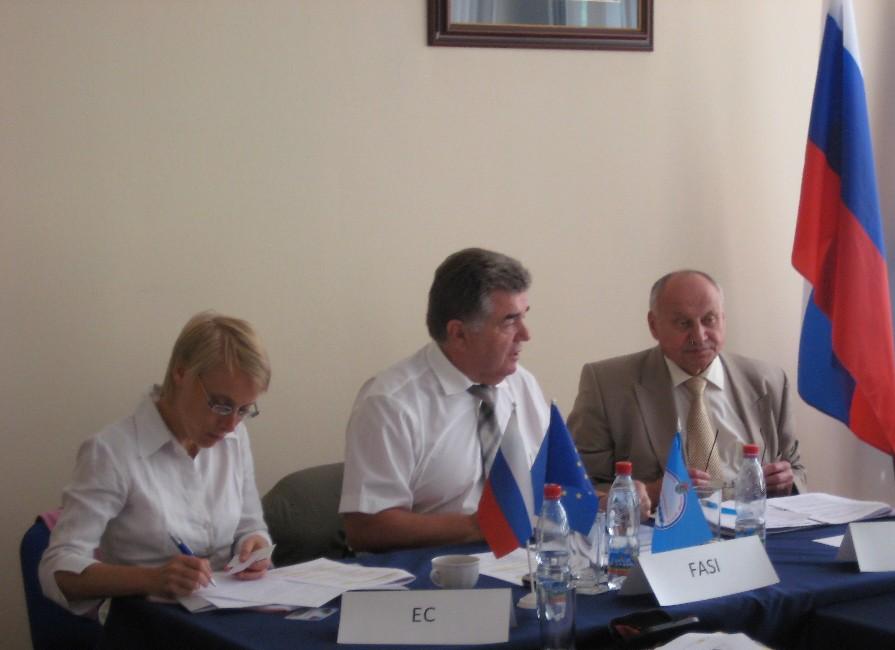European Union/Russia cooperation
Since the European Union and Russia signed their 1st Partnership and Co-operation Agreement in 1994, they have tackled common issues together and strengthened their relationship. In May 2003, they decided to reinforce their co-operation by setting up 4 ‘common spaces’:
· The Common economic space covering economic issues and the environment
· The Common space of Freedom, security and Justice
· The Common space of external security
· The Common space of research and education,including cultural aspects
In the fields covered by the Framework Programme such as the Energy, the EU and Russia develop their cooperation in the framework of the EC-Russia Science and Technology Cooperation Agreement, which came into force in 2004 and will be renewed this year. The need for renewable and cleaner energies is a well-known fact both in Russia and the EU, and it calls for cooperation in order to develop new technologies and break down the barriers that hinder the use of renewable resources in the energy field. The Bioliquids-CHP project gathers together partners from the EU and Russia and is in line with this objective since it aims at enabling the viable use of bioliquids in engines and turbines. In the long term, this will contribute to making European and Russian economies less dependent on fossil fuels and to lowering greenhouse gases emissions, thus bettering the environment.
EC and FASI officers at the EC/Russia meeting organised in the frame of the BIOLIQUIDS-CHP project




